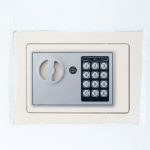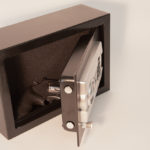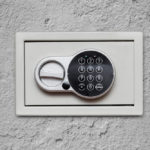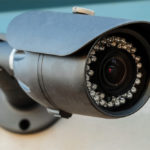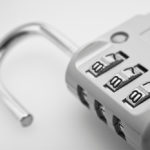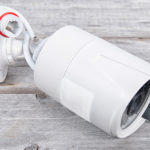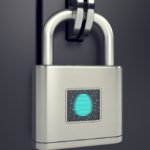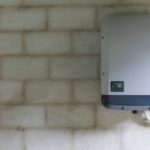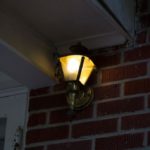In this digital age, where everything is uploaded onto a computer and stored in digital files, you may be forgiven for wondering whether safe deposit boxes still exist and, if indeed they do, what on earth they are used for.
To many they seem like a thing of the past, last seen on a Jason Bourne movie sometime in the early noughties. But this is not the case.
The need to keep a physical copy of your important documents and records has never been more important exactly because of the digitalization of our systems.
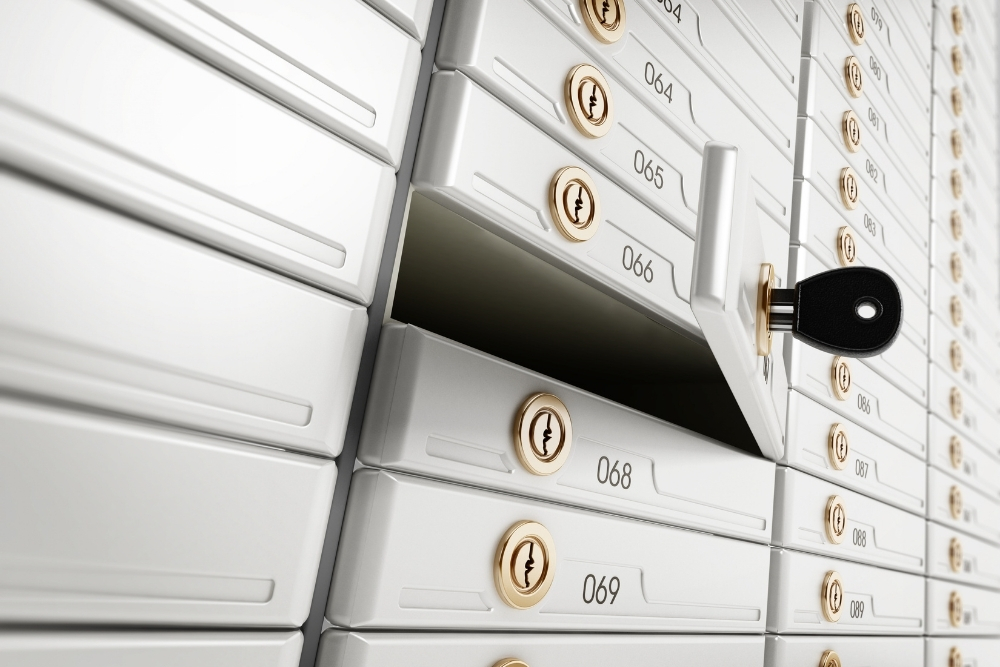
As we move our business further and further online, the risk of systems crashing or being hacked also increases. Identity theft and fraud have never been more prevalent than they are in the digital age, because people can target your finances and records from the comfort of their own bedroom (or basement).
Which is why so many Americans have decided to put original copies of precious documents in safe deposit boxes.
What Are Safe Deposit Boxes?
Safe deposit boxes are small, highly secure compartments kept in vaults at banks and credit unions. They are generally long and narrow in shape, and are made from thick metal which is very difficult to break through.
They are much like the safes we keep at home but with the added security of being situated in a bank alongside many other identical boxes. It is also possible to get larger boxes to house precious items that won’t fit in a small box.
Safe deposit boxes typically have a double lock system, which requires two entirely unique keys to be opened. One key is kept by the owner, the other by the bank manager or assistant.
This double lock system adds extra protection as both parties must be present for the box to be accessed, meaning that even if your personal key is stolen a thief could not unlock your box.
The code of conduct surrounding safe deposit boxes is highly private, and bank staff are trained to act with discretion and formality when a client visits. There are security and identity protocols in place so that only the owner themselves can access their box and they cannot send a third party unless it has been pre-arranged with the bank.
For this reason it can prove very difficult to access someone’s safe deposit box after they have died and it is important for families to deal with the contents whilst the owner can still vouch for them.
Who Uses Safe Deposit Boxes?
There are approximately 25 million safe deposit boxes currently in use in the United States. This means that around 1 in 8 adults makes use of one or more boxes to store their personal items and documents.
Because it only costs around $50 per year to keep a safe deposit box it is an affordable option for most people and isn’t exclusive to those with gold bars and ruby tiaras that they need to store!
What Do You Keep In A Safe Deposit Box?
So if not gold bars then what? What types of everyday documentation should you keep in a safe deposit box for extra peace of mind and protection? Here is a list of some of the most common items people store.
1. Social Security Card
Believe it or not, this mundane little card holds the key to your identity, and if it falls into the wrong hands or gets lost it can cause all manner of problems, not least of which is identity theft.
For this reason, many Americans choose to keep their social security card in a safe deposit box where they can access it on the rare occasions that it is necessary.
For the most part you only need to provide a social security number, so you won’t find that you are having to make constant trips back and forth to the bank.
2. Passport
Only about 37% of Americans actually own a passport, but those who do often choose to keep it in a safe deposit box to protect it from loss or theft.
The last thing you want when you have planned and paid for your dream holiday abroad is to discover that your passport is missing. Storing it in a safe deposit box will prevent this from happening and also provide you with peace of mind for the majority of time when you are not using it.
3. Birth Certificate
Much like social security cards, your birth certificate is a one off document that is difficult to replace. As you don’t really need it in everyday life it is a good idea to store it in a safe deposit box where you know you can access it easily but no one else can.
4. Marriage and Divorce Records
Although it is very rare for anyone to try to steal a marriage certificate or divorce record, these documents are easily lost or thrown out because they are so rarely used.
However, they are vital for tax and legal purposes and keeping them in a safe deposit box allows you to forget about them until you need them.
5. Real Estate, Property, And Home Records
For most people, their home or property is the most valuable asset they own, which is why the deed to that home, along with any financial records, contracts, surveys and even architectural blueprints are so important.
These are not the type of thing you want to be lying around at home and keeping them in a safe deposit box will ensure that if you run into any issues or want to sell-up, you know exactly where they all are.
6. Stock And Bond Certificates
These days physical money in the form of coins and notes are becoming less and less used, and we are conducting more of our financial transactions online. However, only a few years ago bonds and coupons were a popular way of accruing wealth and many people still have the paper copies.
These bonds are hard to replace and digitalize and are often the only proof of transaction which is why it is a good idea to keep them highly protected in a safe deposit box, where they cannot be stolen, destroyed or damaged.
To Conclude
As well as the documents listed above people also store car titles, business contracts, health and military records, home inventories, photos, diaries, manuscripts and money in their safe deposit boxes.
What is more, many people store precious items as well as documents, like jewelry, collectables and even things of sentimental value that they don’t want to lose or damage. These boxes are secure, convenient and affordable and will provide you with peace of mind as well as protection.

